Back
Anonymous 6
Hey I am on Medial • 1y
So, the future might be like a sci-fi movie where the rich are shoffered by robots, and the rest of us are just trying to keep up on our bicycles
Replies (1)
More like this
Recommendations from Medial
Satyam Kumar
Pocket says nil.. Mi... • 9m
CHINA-- has just started testing next-level firefighting robot dogs — and they’re straight out of a sci-fi movie! These four-legged robots are built to handle dangerous rescue missions and come loaded with: 💧 High-powered water cannons (can blast w
See More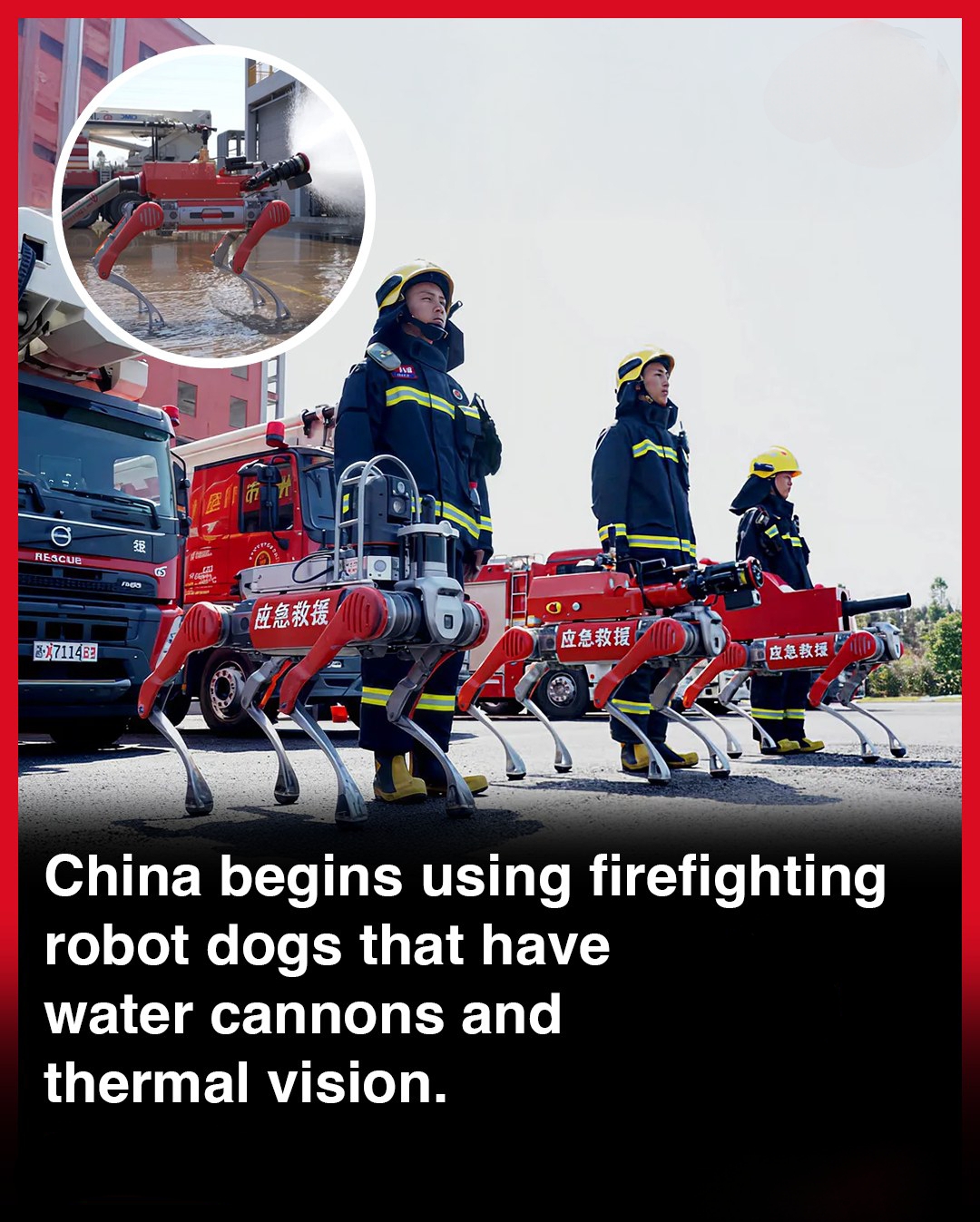
Sidhant Pandey
Software Developer f... • 5m
Crazy stat : As of 2025, over 71% of images on social media are AI-generated or edited. 😳 This isn't sci-fi, it’s our new feed reality. So next time an influencer pic looks too perfect, remember : AI might’ve done the glow-up. Reality just got
See MoreNimesh Pinnamaneni
•
Helixworks Technologies • 11m
Disney’s New Droid is Uncanny… and I Want One! 🤖😍 I was struck by how naturally this droid moves and conveys its personality. It has these subtle human-like, duck-like gestures that were created through machine learning. The robotics we usually
See MoreDownload the medial app to read full posts, comements and news.



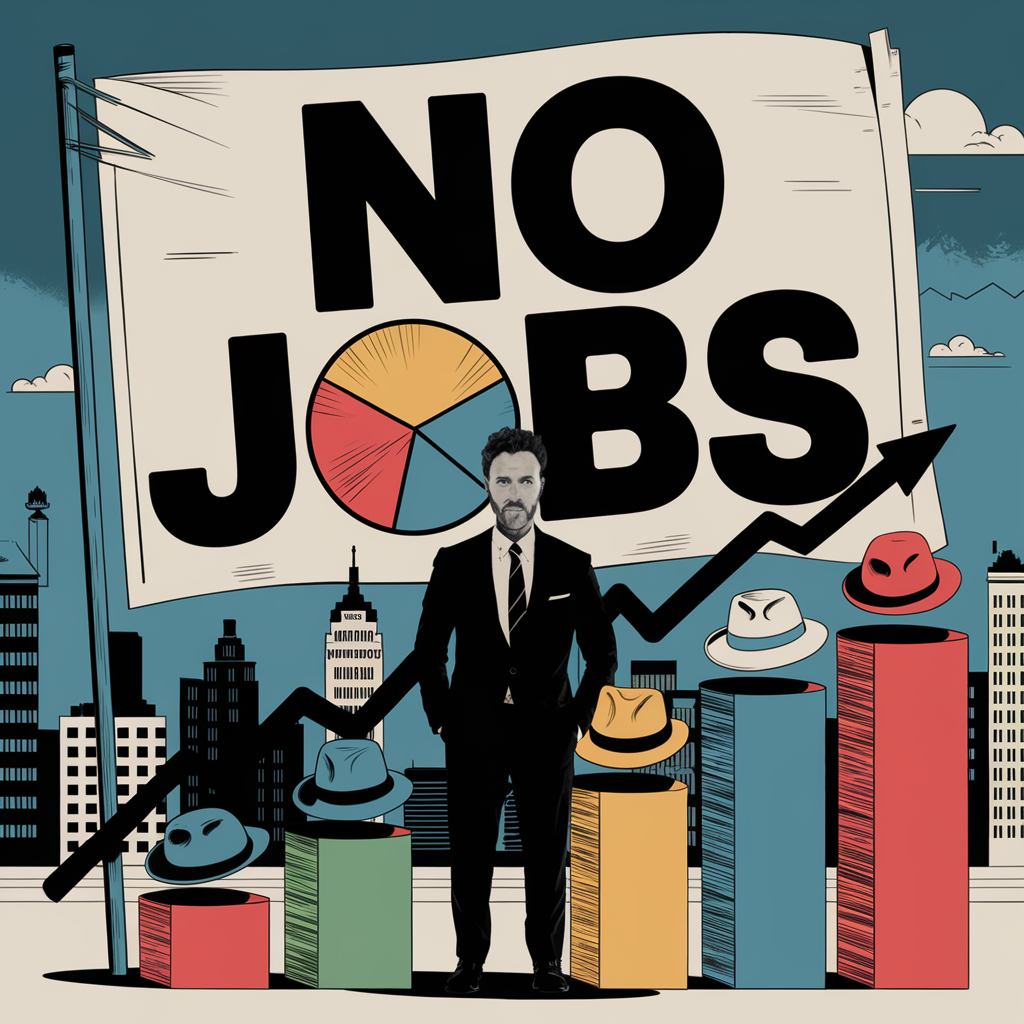
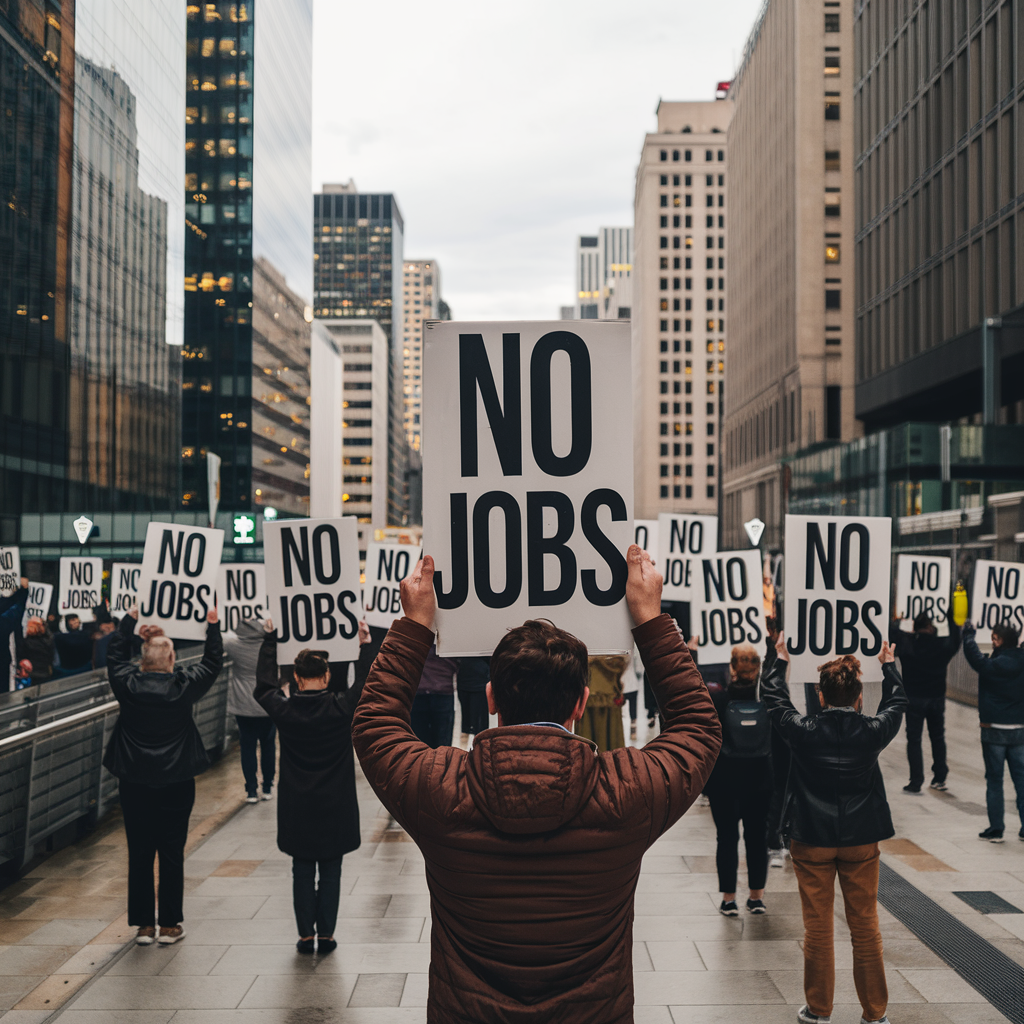





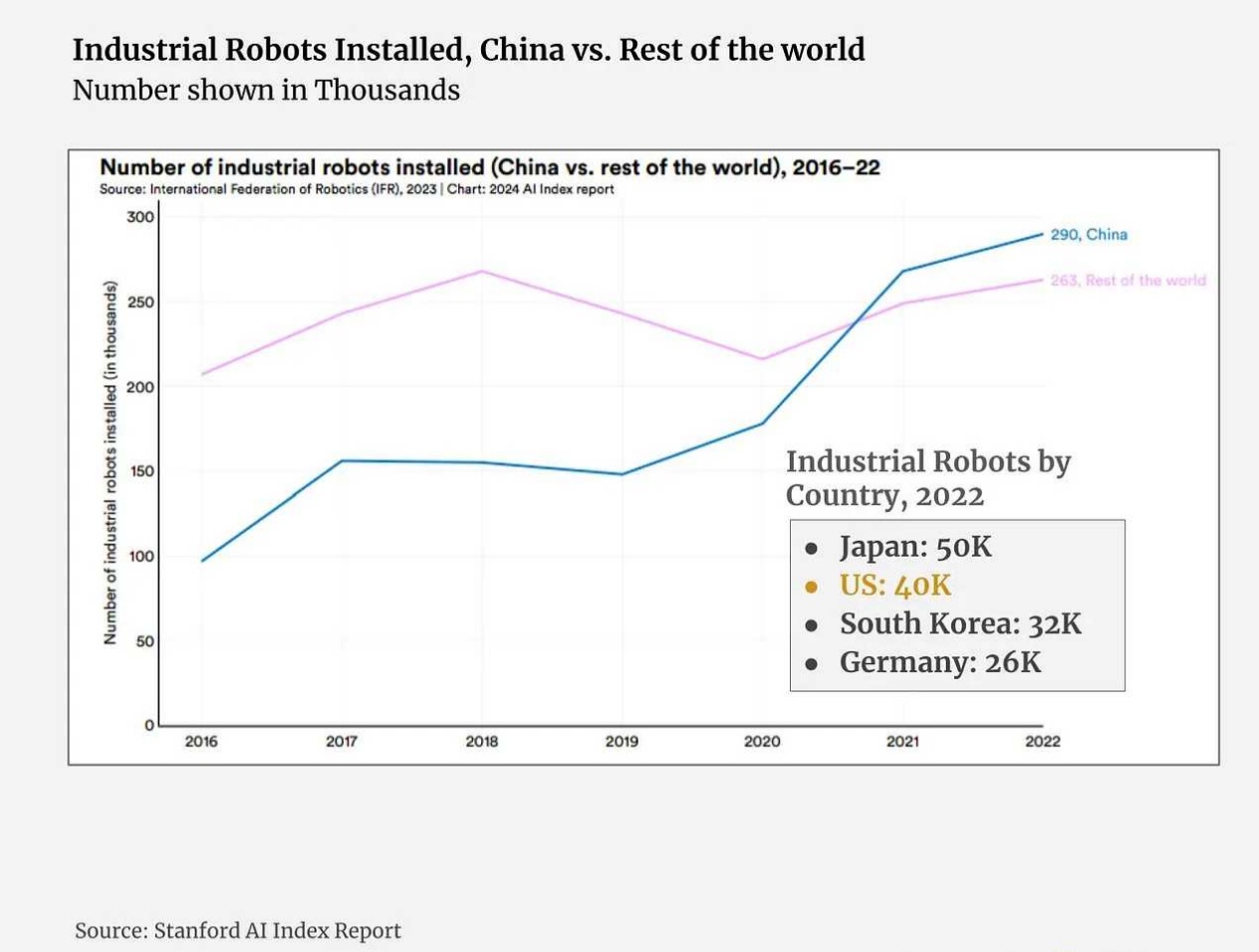


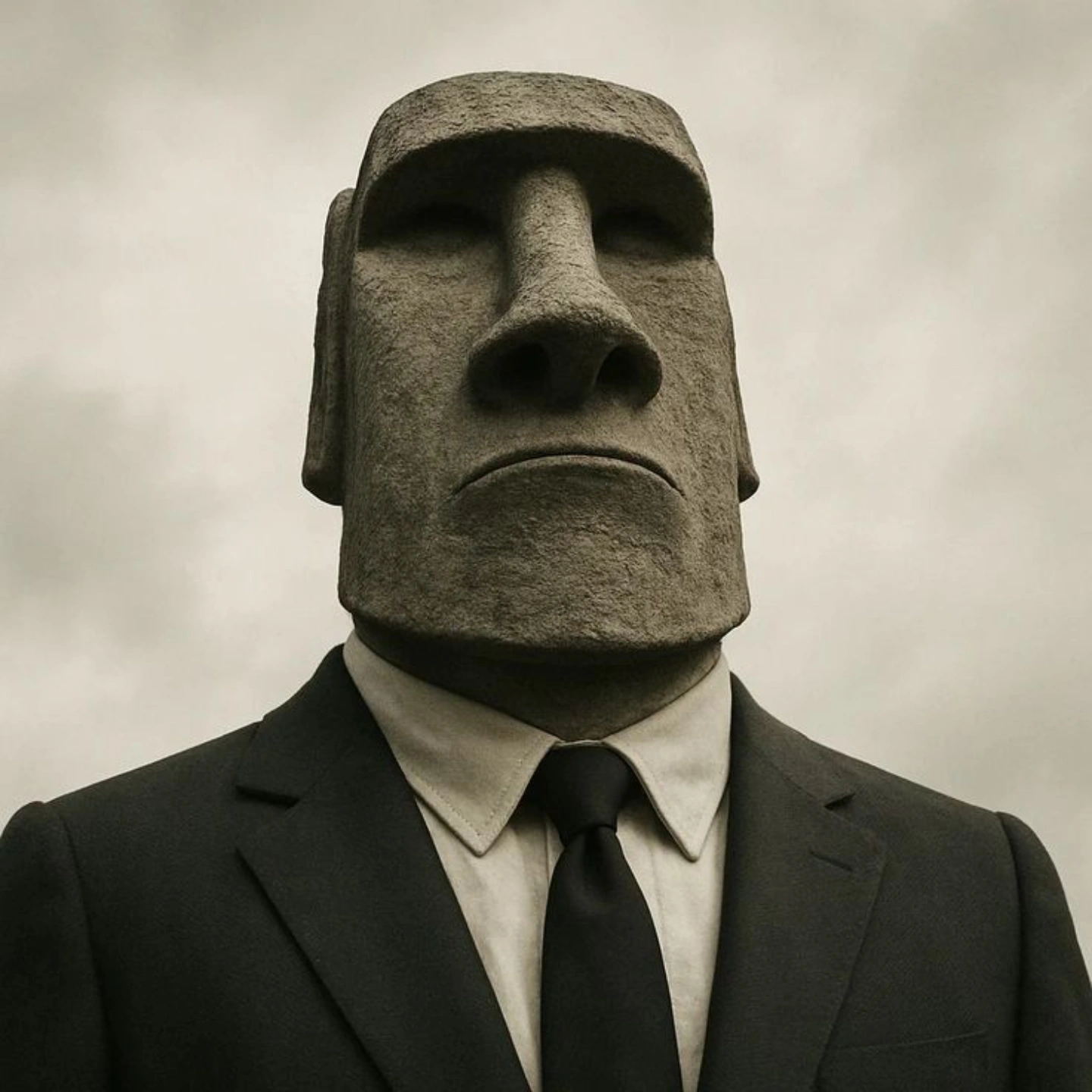

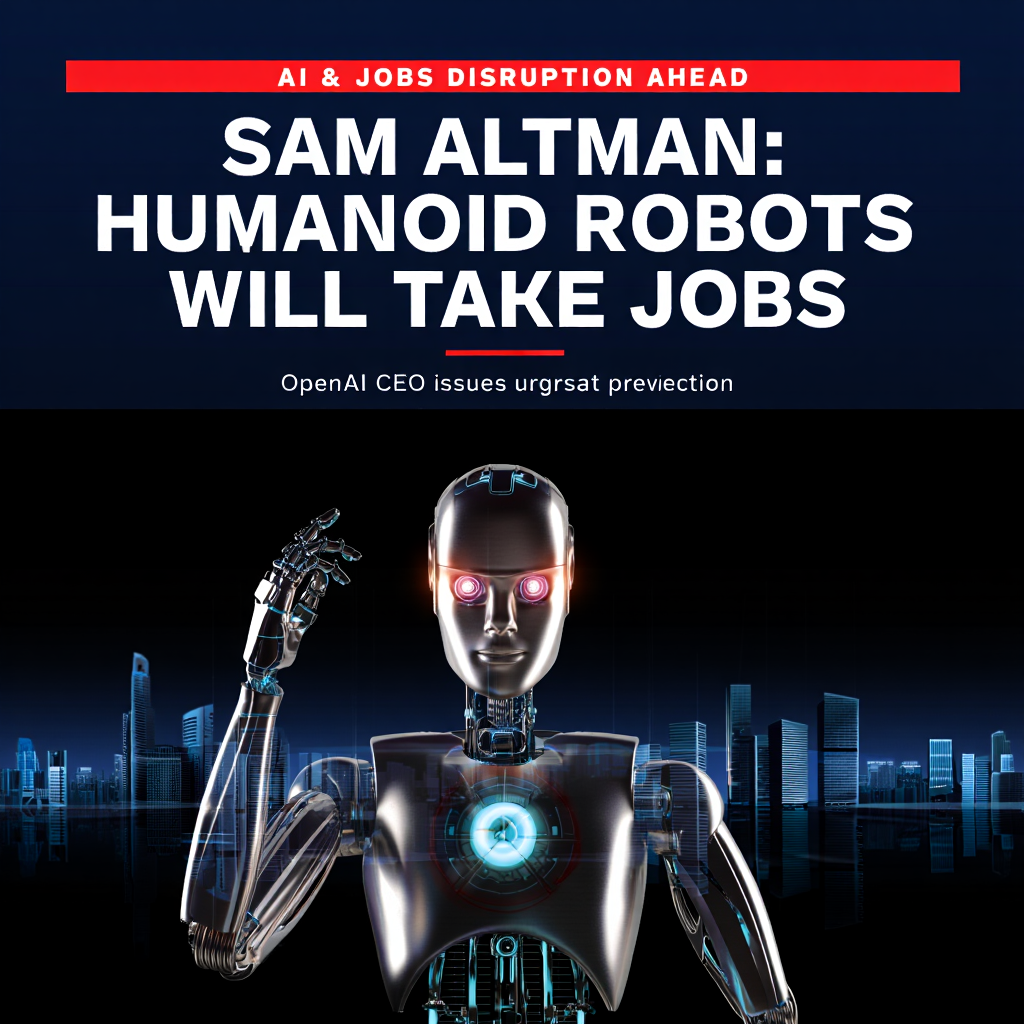




/entrackr/media/post_attachments/wp-content/uploads/2021/08/Accel-1.jpg)





















